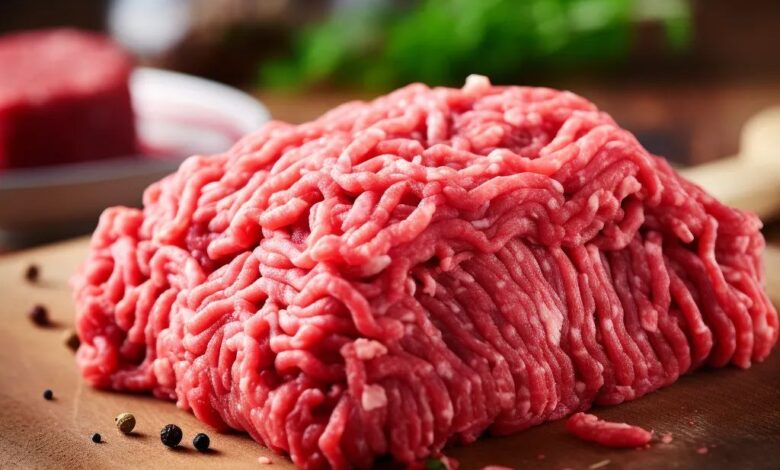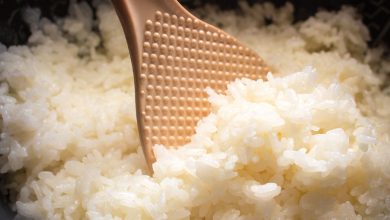Should you rinse ground beef before cooking with it?

When it comes to preparing ground beef, many cooks wonder whether rinsing it before cooking is necessary. Some believe it reduces fat content or removes contaminants. But is it really beneficial?
ADVERTISEMENT
Understanding the Concerns with Rinsing Ground Beef
Let’s delve into the reasons for rinsing ground beef and evaluate their validity:
ADVERTISEMENT
- Reducing Fat Content Rinsing can remove some surface fat, but it doesn’t significantly reduce overall fat content. Plus, fat contributes to beef’s flavor and texture. Draining excess fat after cooking is more effective.
- Eliminating Bacteria and Contaminants While rinsing might seem like a good way to rid the meat of bacteria and contaminants, proper cooking is the most effective method. Rinsing can spread bacteria around the kitchen, increasing the risk of cross-contamination.
The USDA’s Stance on Rinsing Meat
The USDA advises against rinsing meat before cooking. They emphasize proper cooking techniques to ensure food safety, rather than relying on rinsing to remove bacteria.
ADVERTISEMENT
Proper Cooking Techniques Over Rinsing
If you’re skipping rinsing, follow these guidelines for safe handling and cooking:
- Clean Surfaces and Utensils Wash hands, cutting boards, and utensils before and after handling ground beef to prevent cross-contamination.
- Separate Raw Meats from Other Foods Keep raw meat separate from other foods in the refrigerator and during preparation to avoid spreading bacteria.
- Cook to the Right Temperature Use a meat thermometer to ensure ground beef reaches an internal temperature of 160°F (71°C) to kill harmful bacteria.
- Drain Excess Fat After Cooking After cooking, drain excess fat from the pan instead of rinsing to maintain flavor and reduce fat content.
Rinsing ground beef isn’t necessary and may pose risks of cross-contamination. Prioritize proper cooking techniques and kitchen hygiene for safe and delicious meals.




